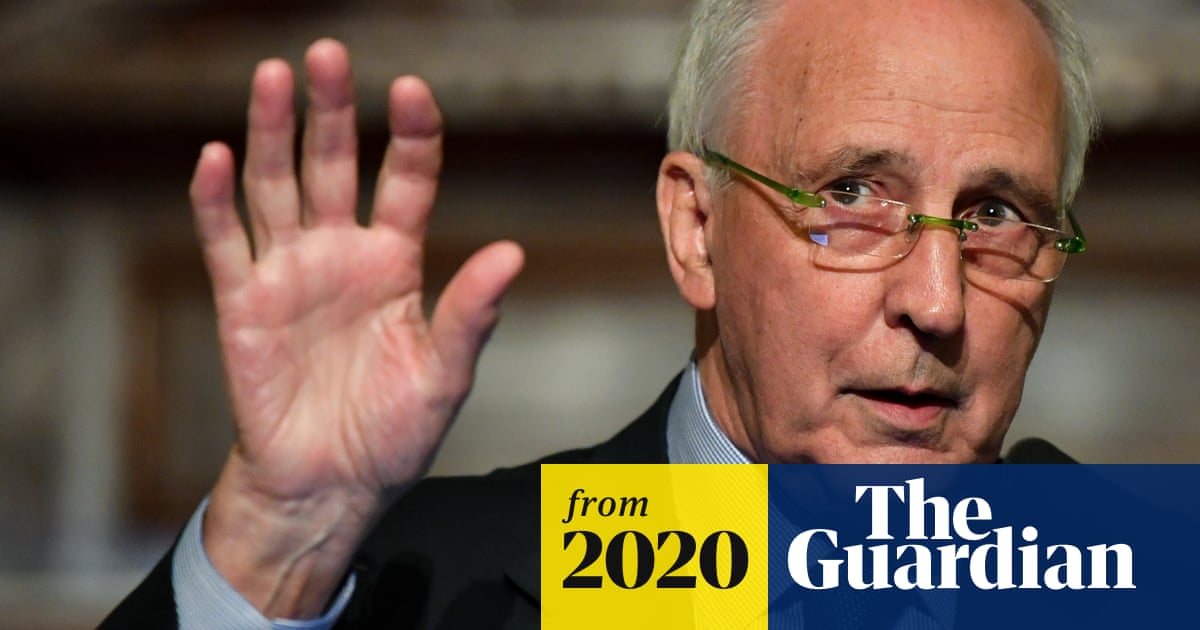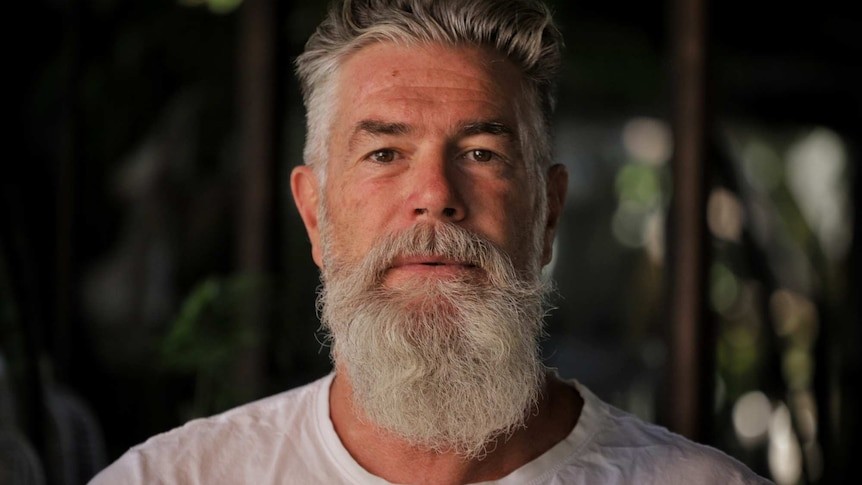Power Raid
We Exist To Win Premierships
I should add, I'm pro super for people who can't save or look after their own finances. but it doesn't make sense for anyone that is proactive about managing your own life and retirement.
Follow along with the video below to see how to install our site as a web app on your home screen.
Note: This feature may not be available in some browsers.
I should add, I'm pro super for people who can't save or look after their own finances. but it doesn't make sense for anyone that is proactive about managing your own life and retirement.

Compulsory super is Mr Keatings greatest achievement imho, it has served Australia well, but we face a different future post Covid & need to recognise that, not immediately politicise the issue.
Winning an election on giving back the compulsory super contribution to the wage earner, its their money, will provide a real injection to the economy of the 20s, short term gain yes but?
Super is designed for "when you need it most". So I don't see why small amounts couldn't be withdrawn now given COVID, as you're allowed to take money out in ordinary times......the only difference is the amount of paperwork and justification. At the end of the day, giving people funds under the dole, job keeper or the pension is just a timing difference.
I would however hold off on the 12% (from 9%) or only increase it 1% every three years, as the impact of COVID will be felt for years.
and yes, compulsory super is Keatings greatest achievement and Keating is my favourite and the best leader (treasurer and PM) this country has had. Australia modernised under his policy changes.
I'd be flexible in the post covid era, how flexible I'm not sure. Pre Covid we saw a problem with wages stagnating, it hasnt gone anywhere & pumping more into super would be better spent going into pay packets.
There are many simple fixes. Lump sums taxed, annuities tax free up to an annual threshold and then tax the income. Taper the age pension quicker. Much tighter restrictions on self managed super funds. Far bigger focus on funds and fees and investment returns. No more increases in compulsory super but instead expand the co-contribution for low income earners. Lower the contribution caps for better tax treatment.
Poor people are essentially remaining poor their entire working life so they get a little more than the pension in retirement.
Rich people take advantage of massive tax breaks now and in retirement. And that is wrong.
No-one suffers from the changes above. And taxpayers are far better off.

Even the recognised author of the system we have today has acknowledged the need to revisit the issue 25 years on:

Paul Keating says federal loans must supplement superannuation to fund aged care
Former prime minister says his thinking has changed on aged care funding and he now supports a loan scheme rather than national insurancewww.theguardian.com
Former prime minister says his thinking has changed on aged care funding and he now supports a loan scheme rather than national insurance
Keating, an architect of Australia’s compulsory superannuation system, said a wealthy country like Australia should be able to support people beyond their 80s, but the super scheme alone was no longer enough to do so. Instead, older people should be allowed to borrow against assets, such as property, to fund their care, with the debt to be repaid after their death through the sale of the asset.
Keating told the commission this system would mean some people might miss out on a large inheritance, but it was unfair to expect younger Australians to fund aged care through their taxes, given the rapidly increasing aged population.
“The number of people left in the tax system to support all this is falling,” Keating said. “Is it unreasonable that elderly people rely on assets and accumulations to meet the cost or should it be put to people in the tax system to bear the burden of it?”
Making people pay for their care after their deaths through their assets would “demonstrate to working people that they are part of it”, Keating said. “If we want a more cohesive society, the benefits of market capitalism should be extended to working men and women.”
This has been talked about for a long time. Problem is how it is enforced. Who sets up the sale? Who ensures we dont just sell the house cheap so the govt gets their money back but shafting the family out of their inheritence?
This has been talked about for a long time. Problem is how it is enforced. Who sets up the sale? Who ensures we dont just sell the house cheap so the govt gets their money back but shafting the family out of their inheritence?
Was it discussed with Super?
Together they throw a different slant on whether the wage increase comes as cash in the bank or goes to Super barons who know 'its our money' !!
A Death Tax has battled to get any traction since Syd Negus grabbed a Senate seat in WA in 1971 on an anti inheritance tax platform.
His campaign established a groundswell of public support and Queensland was the first state to abolish inheritance taxes in 1977; the Commonwealth of Australia and other states followed soon after by abolishing their respective inheritance and gift taxes.
Like ALL taxes there are loop holes, but I can see Keatings suggestion getting consideration unless it is totally politicised.

Carpenter Craig Johnson has less than $100,000 in super. He wonders how that happened
Changes announced by the Federal Government intended to punish underperforming super funds may have unintended negative consequences that could leave members worse off.www.abc.net.au
'Underperformance' on the radar
In last month's budget, the Federal Government announced new rules to force underperforming funds to lift their game, but critics fear they will have negative consequences and actually leave some people worse off.
The Federal Government said fund underperformance and excessive fees were resulting in people getting to retirement without the nest eggs they should have.
"We know that if you are stuck in an underperforming fund, it can cost you tens of thousands of dollars to your retirement savings," Assistant Minister for Superannuation Jane Hume said.
The new measures announced last month include a new online comparison tool and a system to minimise duplicate accounts.
But perhaps the biggest shakeup is a new way of measuring "underperformance" and punishing funds that are found to not be serving their members.
"The danger is that the design of both the test, and the response to what happens when somebody is identified as being an underperforming fund is — there's just not enough sophistication in understanding what could happen."
There is a danger in comparing fees? Does that mean John Wood is a liar?
As for underperforming funds, of course they should be outed. If they are consistently bad people should know and shift their funds elsewhere.

Cant see Super increasing this year.
Define accessible?the push to actually make it accessible is mounting
Define accessible?
